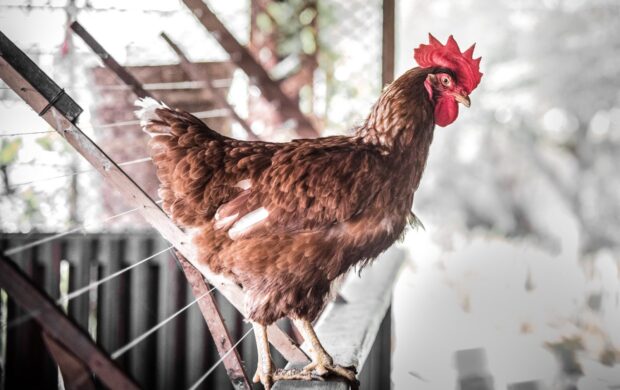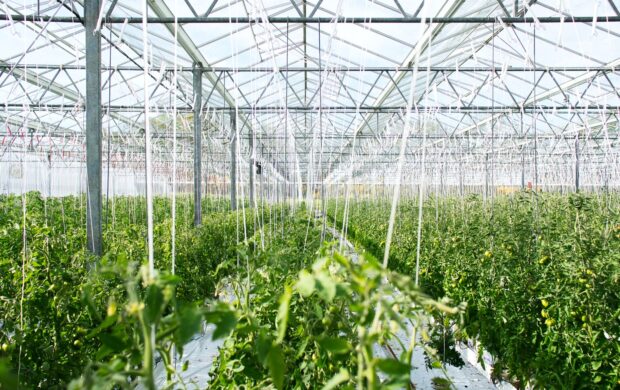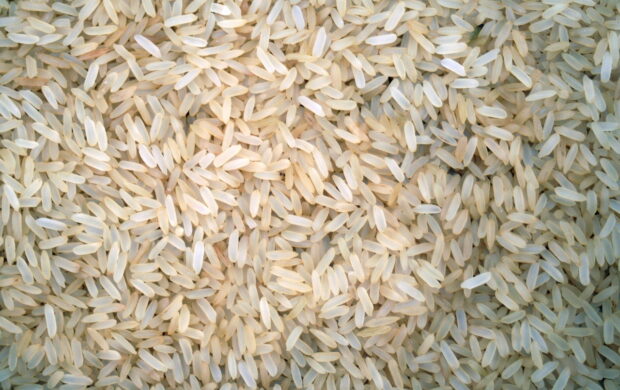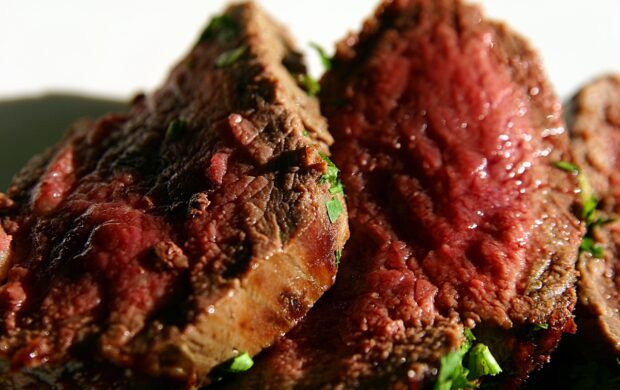Scientists at the UK-based company Oxitec claim to have successfully developed a ‘non-toxic’ and ‘pesticide-free’ approach to agricultural pest control. Instead of focusing on conventional methods such as pesticides, or genetically modifying crops to be more resilient to pests, Oxitec sought to change the genetic makeup of the pest itself.
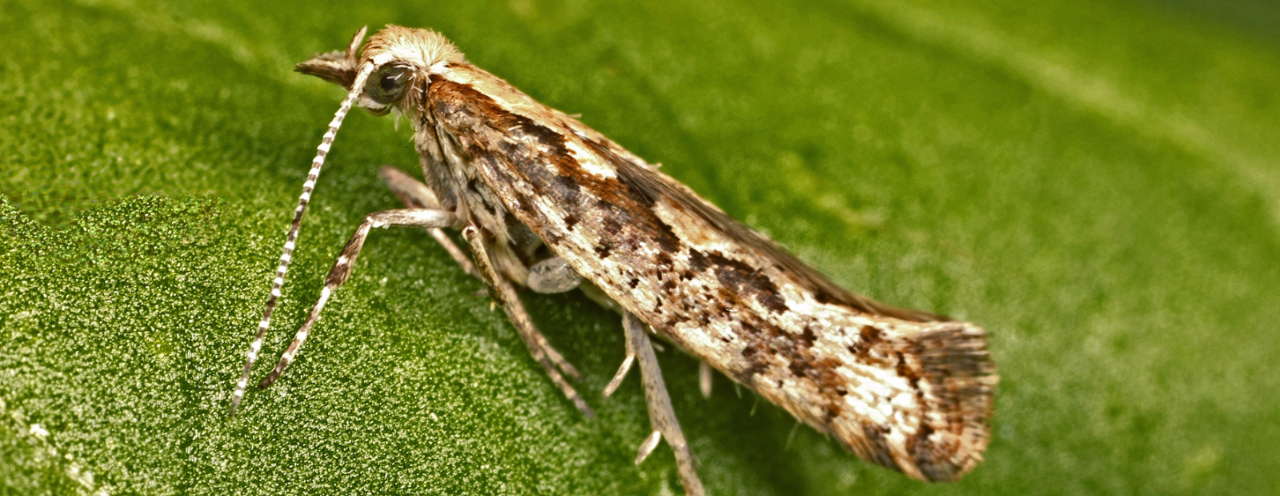
In a paper published in the journal ‘Insect Molecular Biology’, Oxitec details the genetic modification of the Diamondback moth, a global pest attacking brassica crops such as cabbages and cauliflowers. It is estimated that this pest costs farmers approximately $1bn a year to control.
The team of scientists identified a specific ‘self-limiting’ gene in the male moths, which is passed onto female offspring, who are then unable to survive to adulthood. The modification prevents the moths from reproducing, triggering a decline in the population.
Dr Neil Morrison, lead scientist in Oxitec’s Diamondback moth project sees this genetic technology as “providing a safe and sustainable form of insect control.”
Genetically modified moths are currently be used in field cage tests in the UK, with small-scale field releases planned in the future.
Signal Spotted by Anna Birney
Image Credit: CSIRO Science / wikimedia




